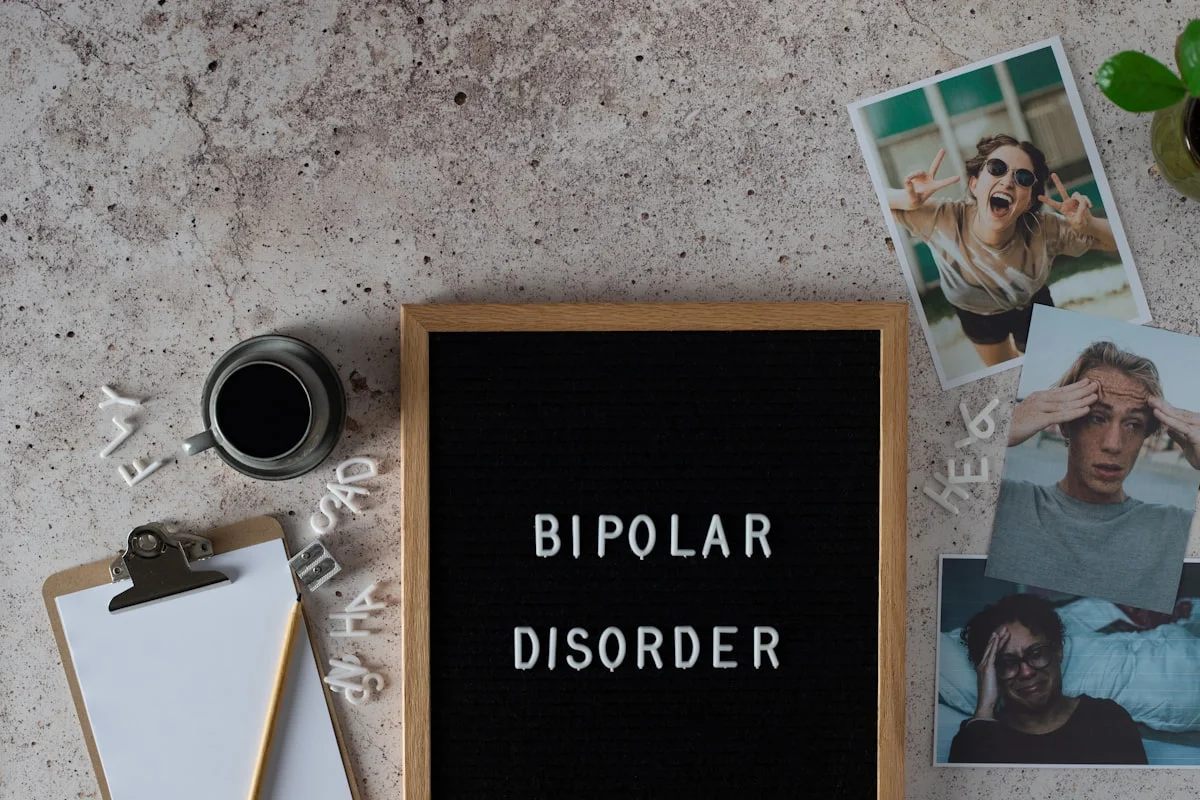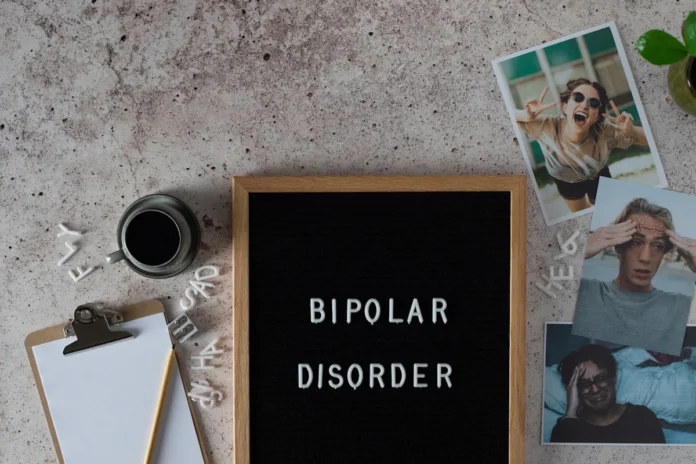Understanding bipolar Disorder in Relationships
Dating someone with bipolar disorder can be a deeply rewarding experience, but it also comes with unique challenges. Bipolar disorder is a mental health condition characterized by extreme mood swings, including emotional highs (mania or hypomania) and lows (depression). These shifts can affect a person’s energy levels, behavior, and ability to function in daily life. When you’re in a relationship with someone who has bipolar disorder, understanding the condition is the first step toward building a strong, supportive partnership.

It’s important to recognize that bipolar disorder doesn’t define a person. Like anyone else, individuals with bipolar disorder have unique personalities, interests, and qualities that make them who they are. The condition is just one aspect of their life, and with proper management, many people with bipolar disorder maintain healthy, fulfilling relationships.
Recognizing the Symptoms and Cycles
To support a partner with bipolar disorder, it helps to familiarize yourself with the symptoms of manic and depressive episodes. During manic phases, your partner might exhibit unusually high energy, rapid speech, decreased need for sleep, impulsive behavior, or grandiose ideas. Depressive episodes, on the other hand, may involve persistent sadness, fatigue, changes in appetite, feelings of worthlessness, or loss of interest in activities they usually enjoy.
These mood cycles can vary greatly from person to person. Some individuals experience rapid cycling between moods, while others have longer periods of stability between episodes. Paying attention to your partner’s patterns can help you anticipate challenges and provide appropriate support when needed.
Communication During Different Mood States
Effective communication is crucial in any relationship, but it becomes especially important when dating someone with bipolar disorder. During manic phases, your partner might talk excessively or make impulsive decisions. In these moments, it’s important to remain calm and avoid escalating any conflicts. Setting gentle boundaries while expressing your care can help maintain balance.
During depressive episodes, your partner might withdraw or have difficulty expressing their needs. Offering patient, non-judgmental support without pressuring them to “snap out of it” can make a significant difference. Simple gestures like spending quiet time together or helping with daily tasks can show your support without overwhelming them.
Building a Supportive Relationship
A strong relationship with someone who has bipolar disorder requires patience, understanding, and teamwork. Encouraging your partner to stick with their treatment plan—whether that includes medication, therapy, or lifestyle changes—is one of the most supportive things you can do. However, it’s important to approach this with compassion rather than control.
Creating a stable environment can help manage symptoms. This might involve maintaining regular routines, reducing stress when possible, and avoiding known triggers. At the same time, it’s crucial to maintain your own life and interests outside the relationship. A healthy balance benefits both partners.
Setting Healthy Boundaries
While being supportive is important, it’s equally vital to establish and maintain healthy boundaries. This means recognizing what you can and cannot reasonably do for your partner. You can offer love and understanding, but you’re not responsible for “fixing” their condition or managing their symptoms for them.
Boundaries might include not tolerating abusive behavior (which can sometimes occur during severe episodes), maintaining your own self-care routines, or deciding when to step back if a situation becomes too overwhelming. Clear, compassionate communication about these boundaries helps prevent resentment from building on either side.
Taking Care of Yourself
When dating someone with bipolar disorder, it’s easy to focus all your energy on your partner’s needs while neglecting your own. However, self-care isn’t selfish—it’s necessary. Maintaining your physical and emotional health ensures you have the energy and perspective to be a supportive partner.
Consider joining a support group for loved ones of people with bipolar disorder. These groups can provide valuable insights, coping strategies, and the reassurance that you’re not alone. Therapy for yourself can also be beneficial, giving you space to process your feelings and develop healthy relationship skills.
Recognizing When to Seek Help
There may be times when professional intervention is necessary. If your partner experiences severe symptoms that put them or others at risk, or if they stop their treatment plan, don’t hesitate to contact their mental health provider or, in emergencies, seek immediate medical help.
It’s also important to recognize when the relationship might be negatively affecting your well-being. While many relationships where one partner has bipolar disorder thrive with mutual understanding and effort, it’s okay to acknowledge if the challenges become too great for you to handle.
Celebrating the Positive Aspects
While this post focuses largely on challenges, it’s important to remember that relationships with people who have bipolar disorder can be incredibly vibrant and rewarding. Many individuals with bipolar disorder are creative, passionate, and deeply empathetic. The emotional intensity that comes with the condition can translate into profound connections and meaningful experiences in a relationship.
During stable periods, you might find your partner to be an exceptionally loving, insightful, and exciting person to share your life with. Focusing on these positive aspects while managing the challenges can help maintain perspective during difficult times.
Moving Forward Together
Dating someone with bipolar disorder requires education, patience, and flexibility from both partners. With understanding and proper management, many couples build strong, lasting relationships despite the challenges posed by the condition. The key lies in open communication, mutual respect, and a commitment to facing challenges as a team.
Remember that every relationship is unique, and what works for one couple might not work for another. Stay attuned to your partner’s specific needs and patterns while honoring your own boundaries and well-being. With time, effort, and compassion, your relationship can grow stronger through the challenges you face together.



